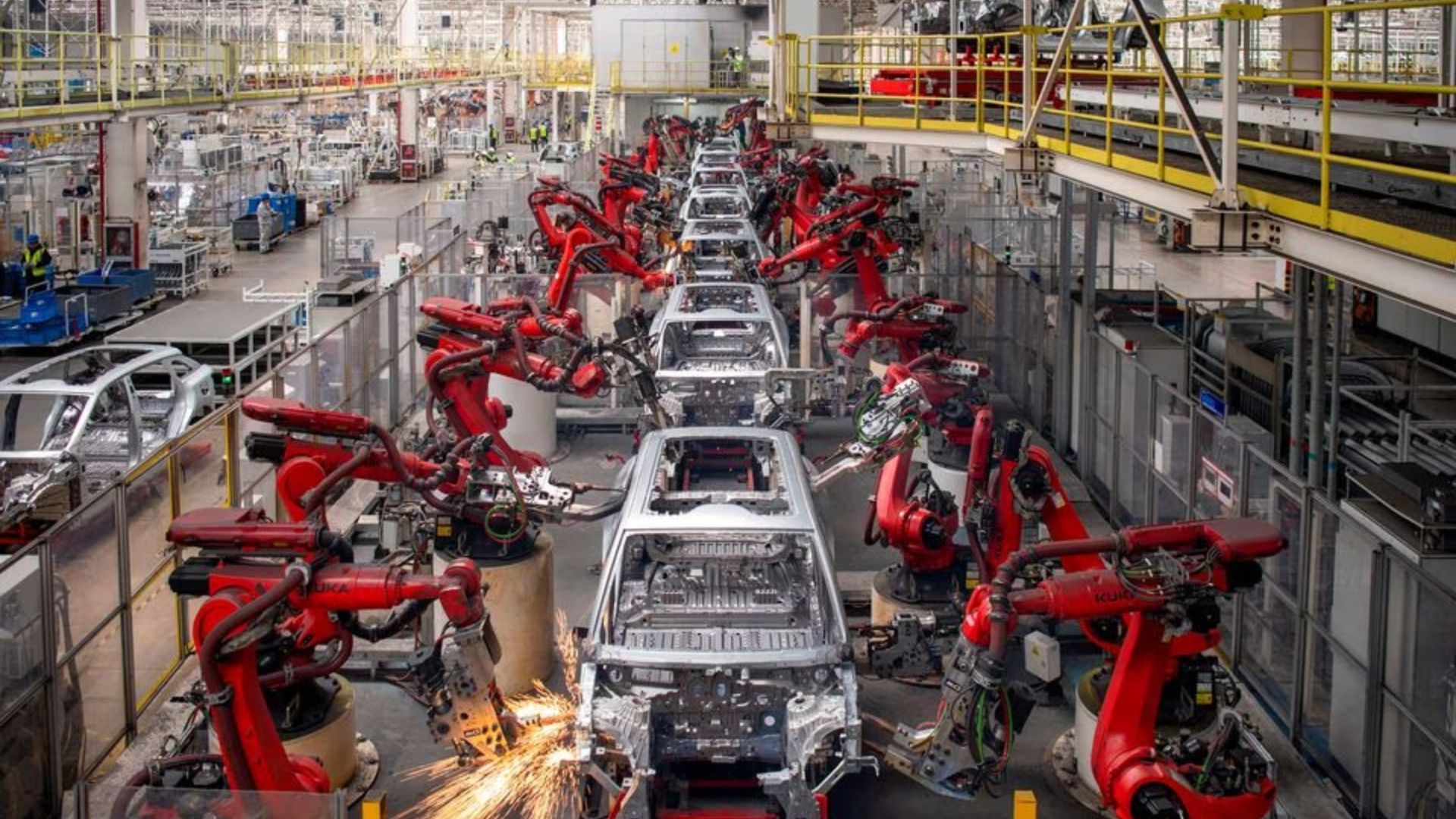SHANGHAI, July 31 (Reuters) – Chinese electric vehicle maker Zhejiang Leapmotor Technology (9863.HK) unveiled on Monday a new platform it developed in-house for making vehicles, which its chief executive said it wants to license to other automakers.
The “Four Leaf Clover” architecture features an integrated computing platform capable of controlling all intelligent functions including an EV’s autonomous driving and smart cockpit functions, Leapmotor’s CEO Zhu Jiangming told reporters in Shanghai.
The company hopes to sell the platform to other automakers via tech licensing agreements, he said.
Leapmotor is in advanced talks with two foreign companies about such partnerships, including a new player in the electric vehicle segment, which could produce Leapmotor-developed models in overseas markets, Zhu said without elaborating.
“We hope Leapmotor will not only be an EV brand but also a licensor of core technologies,” Zhu said.
Companies in the automotive sector use the terms platform and architecture to describe the basic engineering and design that determines a vehicle’s size, weight and key elements of performance.
A senior Leapmotor engineer told the event the firm had achieved cost savings with the architecture by reducing the use of controls and wire harnesses, and Zhu said this would cut the materials cost per car by 500 yuan ($70).
The company is already planning to launch the platform’s next generation in 2025, which would include improvements in computing capabilities and smart cockpits, Zhu said.
Zhu, a veteran electronics engineer who co-founded surveillance giant Dahua (002236.SZ), launched Leapmotor in 2015 with the backing of investors including state-owned Shanghai Electric Group Corp and Hongshan, formerly known as Sequoia Capital China.
The company and its fellow Chinese EV startups have been struggling with losses and declining sales since U.S. rival Tesla (TSLA.O) started a price war at the beginning of the year.
Leapmotor, which employs more than 2,000 engineers, sold 44,500 units in the first half, 14% fewer than a year ago.
But some young EV manufacturers, thanks to their heavy research and development investment, have been at the forefront of EV technology innovation that appeals to tech-savvy Chinese consumers who like having more intelligent features in cars.
Leapmotor spent 11% of its total revenue on R&D in 2022.
Volkswagen (VOWG_p.DE) and Xpeng (9868.HK) announced last week a partnership to jointly develop EVs on Xpeng’s G9 “Edward” platform, in a fillip for the Chinese startup that analysts said could boost its sales and profitability.
($1 = 7.1512 Chinese yuan renminbi)











